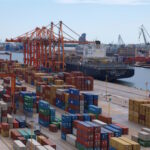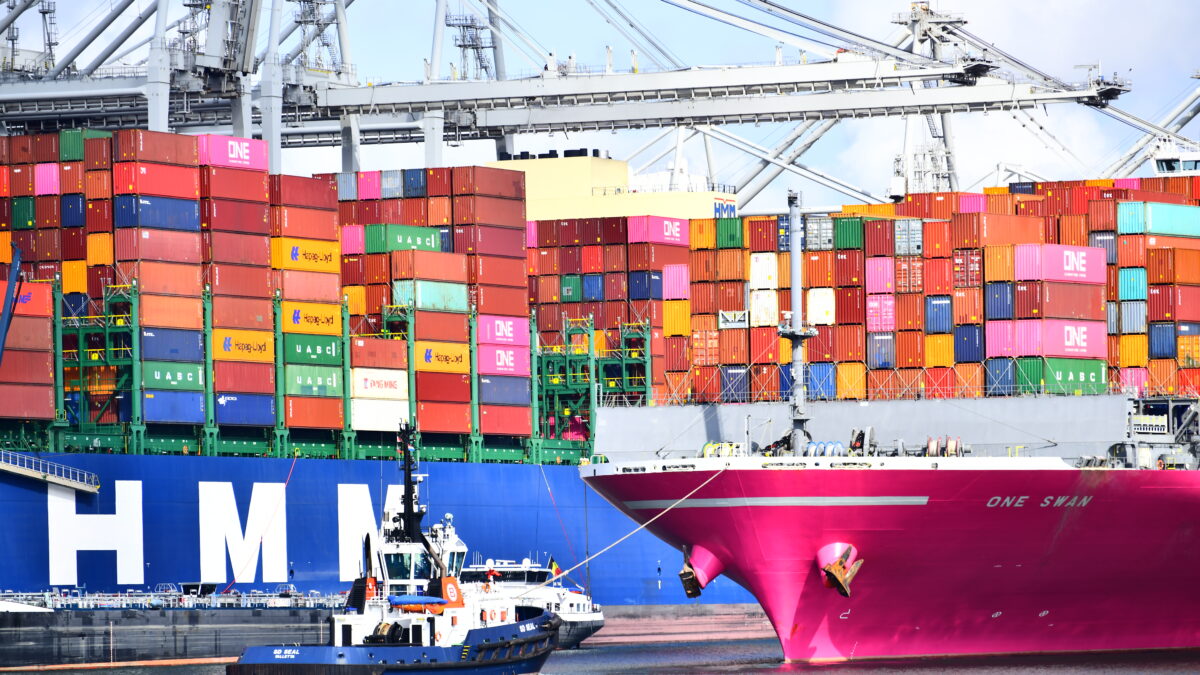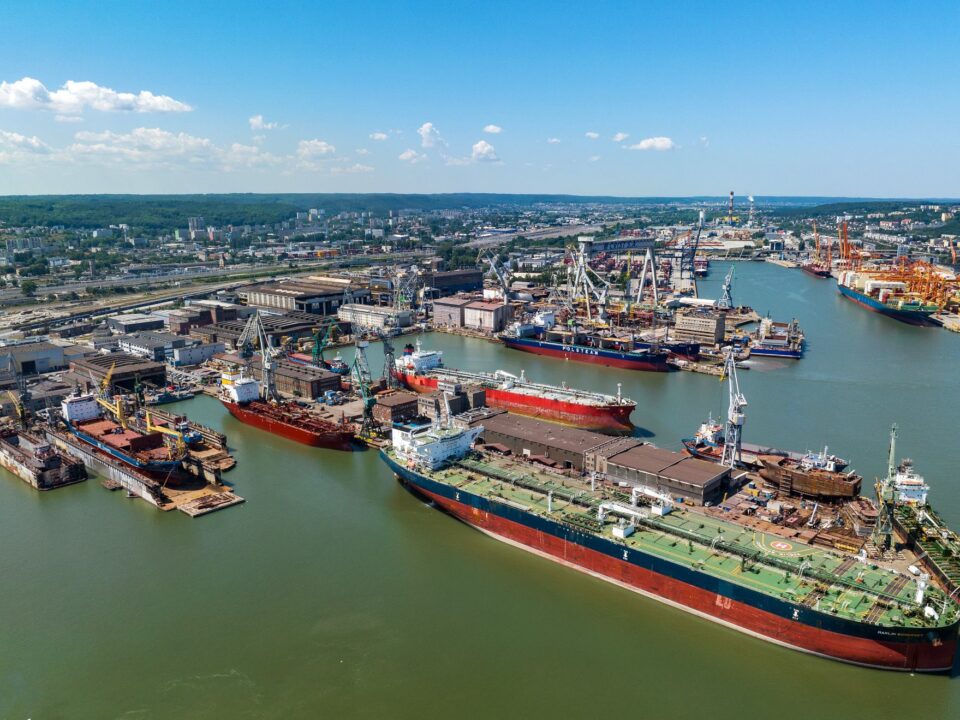
When will things get better?
29 August 2024
With moderate optimism
29 August 2024The date of April 25, 2024 should be well remembered by all participants in port and maritime trade, maritime commerce and shipping. That day was the final day of the existence of facilitations for shipping lines which, in short, created special and privileged conditions for them to operate, after a total of 20 years. These conditions were unprecedented in the EU, but also in the global economy. They had already been discontinued once, only to reappear after a 9-year hiatus. They consisted in the entities subject to them – shipping lines, specifically – being exempt from the generally applicable competition conditions in the European Union. The solution affected not only the EU market, but also the global one. And that is why the decisions made in Brussels toward shipowners have had an impact on shippers and all other trade and shipping actors, not just in EU countries or ports, but around the world.
The history of the CBER (Consortia Block Exemption Regulation) on the block exemption of consortia from antitrust laws begins, as few remember, as early as 1995, which is 29 years ago. It was then that on April 20 of that year, the European Commission adopted Document No. 870/95 regarding the application of Article 85(3) of the European Treaty to “certain categories of agreements, decisions and jointly agreed practices between liner shipping companies (consortia)”. The regulations adopted in this document were to be in effect for 5 years, i.e. until April 22, 2000.
The aforementioned Article 85 of the Treaty stated that all agreements between enterprises, all decisions and concerted practices which may affect trade between Member States and which have the object or effect of restricting or distorting competition are prohibited as incompatible with the common market.
Document No. 870/95, on the other hand, states that the EC, after considering the special characteristics (whatever that means) of maritime transport, given that shipping line consortia generally contribute to the improvement of the quality of service provided by these lines and to technical and economic progress, as well as that the users of these services benefit from said improvements in the quality of service – exempts shipping consortia from the provisions of Article 85. In other words, the EC granted en masse exemption of these consortia from the general EU competition rules, defining in rather minute detail the conditions and rules of this exemption and deciding, among other things, that a consortium cannot have a market share between the ports they serve exceeding 30%. This meant, therefore, that from 1995 to 2000, shipping lines operated under special rights throughout their area of operations – not just in EU countries, but wherever their ships called.
After 9 years, the EC returned to the above regulations (CBER) with document No. 906/20095 of September 28, 2009, generally repeating the same arguments and conditions of the exemptions for the period from April 26, 2010 to April 25, 2015, i.e. for the next 5 years. In the end, as we already know, these special regulations, which are undoubtedly a privilege for shipping lines as well as their consortia, were in force until April 25, 2024. Their last extension took place in 2020, when, it must be strongly emphasized, the EC did not take into account or even disregarded the positions and arguments of literally all participants in maritime trade and commerce except, of course, the shipping lines. Eventually, April 25 of this year became – at least for now – the last day of the CBER.
However, the end of these regulations does not mean the end of shipowners’ dominance of the market. Well aware of this is the US Federal Maritime Commission’s relentless efforts to somewhat curb the arbitrariness of shipping lines, especially with regard to demurrage and detention fees. These fees have also long since become a contradiction of themselves, failing to serve their legitimate purpose of keeping shippers and consignees from making containers into free storage facilities and becoming an additional source of revenue for the lines, collected from whomever they happen to be without bothering to provide any justification.
The EC’s resignation from extending the CBER was thus a step in the right direction – reducing carrier dominance. Although the vast majority of the sea liner trade is in the hands of the 3 alliances anyway, a situation is still on the horizon when the entire transportation organization will be in the hands of the carriers. This bodes badly not only for shippers, i.e., the carriers’ customers, but for the entire maritime trade.





